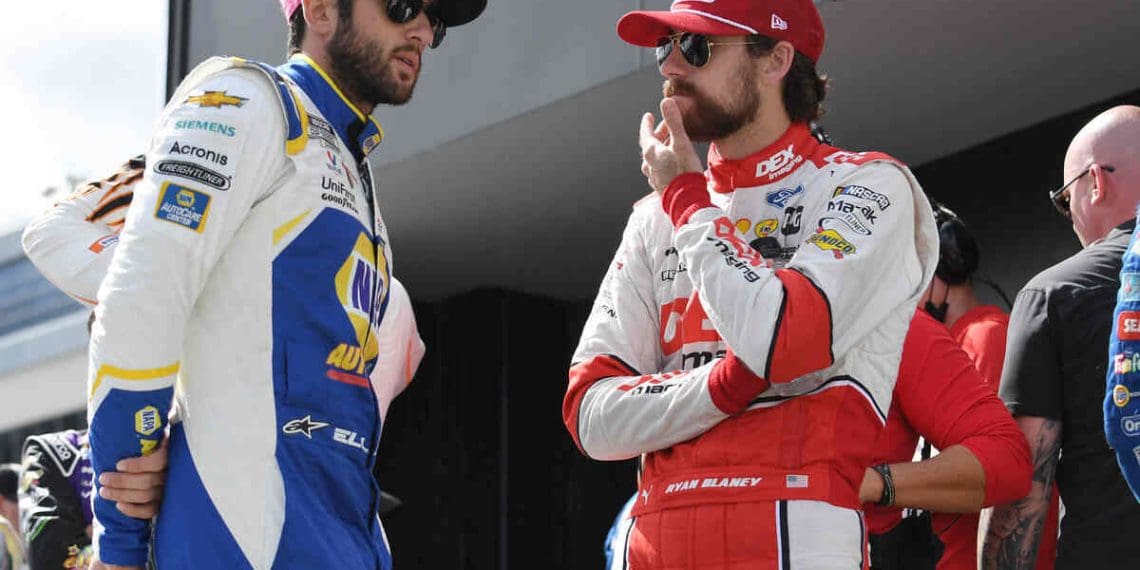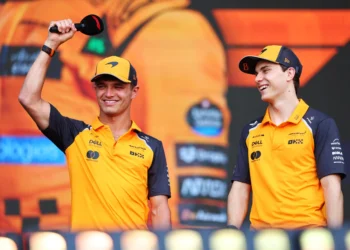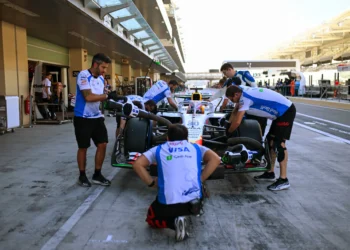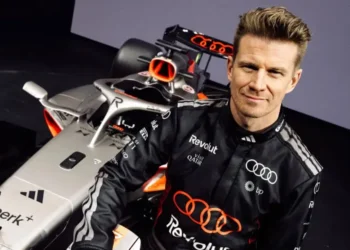Chase Elliott, the champion of the 2020 Cup Series, offered valuable insights to NASCAR on how to deal with the ongoing debate about engine power. Since the introduction of the Next-Gen car in 2022, the sport has struggled to deliver exciting races on short tracks. Many drivers have asked NASCAR to increase engine power in order to improve races and create more passing opportunities. Elliott, with his extensive technical knowledge and racing experience, expressed his opinion on the matter and proposed a unique solution.
As the driver of the No. 9 Chevy, Elliott has a level of expertise that few others in the Cup pit can match when it comes to engines. Growing up in a racing family, he witnessed firsthand his father, a former Cup champion, building engines for NASCAR. Elliott suggests that the best way to address the issue is to remove the regulations surrounding the 7th generation car, which currently make it difficult to produce efficient engines. By doing so, NASCAR can encourage the development of reliable engines that can meet the sport’s demands.
In a recent statement, Elliott shared his perspective on the impact that a change in NASCAR’s stance on engine power could have. While he acknowledges that such a change is unlikely, he highlights the potential effects on tire wear and racing in general. The 28-year-old driver emphasizes that current engines, with their reliance on homologated parts, are inefficient and do not maximize available power. This inefficiency is further exacerbated by the increasing importance of turbulent air and downforce-generating flaps, which have negatively impacted races in recent years.
Los coches Next-gen son conocidos por su alto consumo de combustible y producción de potencia decepcionante. Esto ha resultado en motores que tienen dificultades para cumplir con las demandas de la era actual. En respuesta a esto, Elliott propuso una solución para abordar este problema persistente. Al retirar ciertos componentes del compartimento del motor, los motores pueden ser optimizados y sometidos a menos estrés durante las carreras. Actualmente, un motor típico de la NASCAR solo dura dos carreras antes de necesitar ser reemplazado.
La experiencia técnica de Chase Elliott y su perspectiva única sobre el debate sobre la potencia de los motores ofrecen ideas valiosas para la NASCAR. Su sugerencia de eliminar las regulaciones en torno al coche de 7ª generación y optimizar el rendimiento del motor podría potencialmente llevar a carreras más emocionantes y sostenibles en el futuro.










